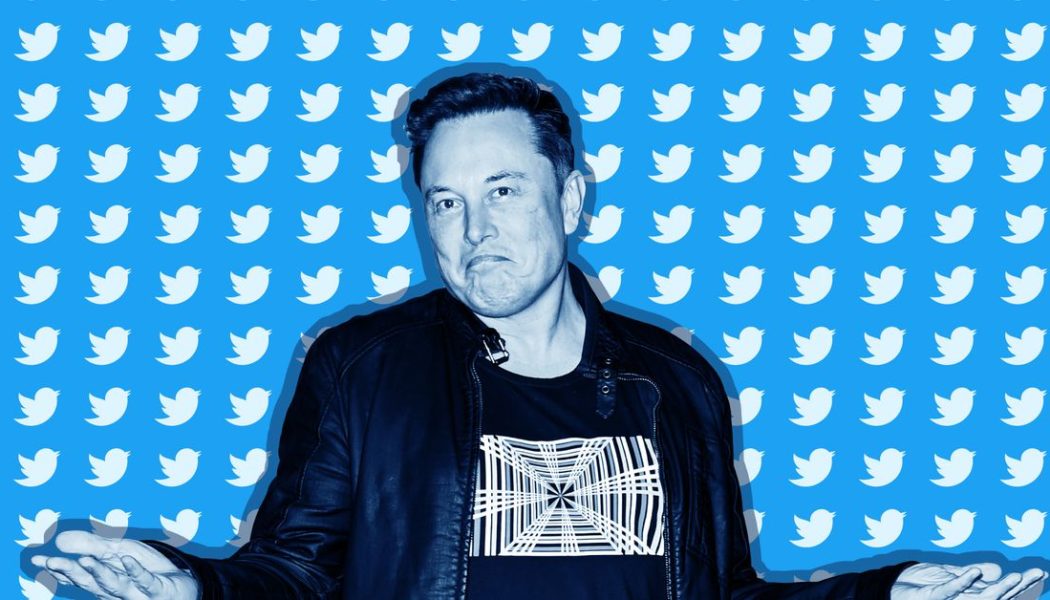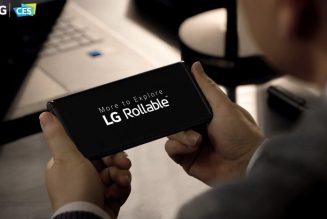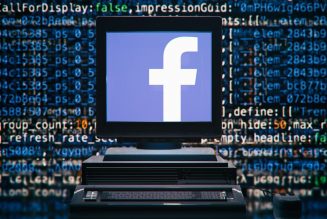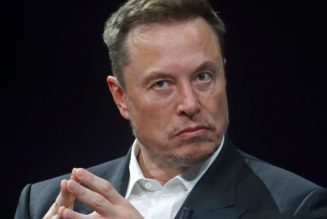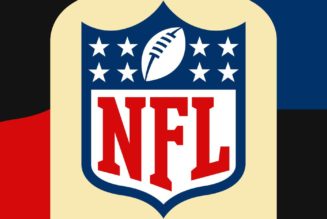/cdn.vox-cdn.com/uploads/chorus_asset/file/23382328/VRG_Illo_STK022_K_Radtke_Musk_Twitter_Shrug.jpg)
Elon Musk will actually buy Twitter — for real this time — at $54.20 a share. Musk confirmed the offer in a filing with the Securities and Exchange Commission. In the SEC filing, he says he will “proceed to closing of the transaction” on the terms he negotiated with Twitter in April, as long as the lawsuit Twitter brought against him to force him to close the deal is adjourned.
The filing follows reporting from Bloomberg that suggested Musk would close the deal under the original terms he proposed in April before trying to back out of it.
On Tuesday evening, Musk tweeted as though he is once again intrigued by the idea of owning Twitter — bots and all. “Buying Twitter is an accelerant to creating X, the everything app,” he wrote.
“The only thing that’s surprising is that he didn’t manage to knock a dollar off the deal price.”
“We received the letter from the Musk parties which they have filed with the SEC,” Twitter’s investor relations account said — where else? — on Twitter. “The intention of the Company is to close the transaction at $54.20 per share.”
Musk and Twitter have been battling for months now about the Twitter takeover. After offering to buy the company, Musk tried to cancel the deal, claiming that Twitter had lied about the number of bot accounts on the platform. Twitter sued Musk to try to get him to abide by the contract he negotiated, and a trial date has been set for October 17th.
“What’s ultimately strange about it is that it’s the most predictable ending,” says Ann Lipton, a professor of business law at Tulane University. “Of course cases settle before trial, of course cases settle before the deposition of the top guy. The only thing that’s surprising is that he didn’t manage to knock a dollar off the deal price.”
That suggests Twitter’s position was really strong, Lipton says. “It looked bad [for Musk] from the very first letter he sent,” she says. “It’s colorful, it’s funny, there are poop emojis, but from a legal perspective nothing here is new.”
Eric Talley, a law professor at Columbia University, says he’s also surprised there wasn’t a lowered deal price. On the other hand, if Musk were ordered to close the deal by the court, he may have had to pay interest — meaning that instead of paying $54.20 a share, he’d be paying even more.
“He was staring down the business end of what was likely going to be a very unpleasant deposition.”
Last week, an embarrassing tranche of text messages was released in court filings. The messages were notable for what wasn’t in them: any discussion of concerns about bots. Instead, what seemed to have caused Musk to lose interest was a conflict with Twitter CEO Parag Agrawal, who had asked Musk to stop tweeting negative things about Twitter.
Also, at a pretrial hearing last week, Musk’s argument about being given bad data by Twitter suffered a blow. He’d hired some companies to do analysis on Twitter’s bot numbers. One company confirmed Twitter’s numbers; the other suggested that 11 percent of Twitter users were inauthentic… but that analysis wasn’t statistically strong.
“He was staring down the business end of what was likely going to be a very unpleasant deposition,” Talley says. “It was going to include a lot of things that, let’s just say, charitably, were extremely inconsistent statements that he had made.” Those statements have been called into question by records and statements other people provided, Talley says. “The less charitable way to put it is that he just made stuff up. That would have been very uncomfortable for Musk and his legal team, and that’s definitely a motivation” to settle.
It got worse for Musk at that hearing. He’s a well-known proponent of Signal, a privacy-focused messaging app that allows users’ messages to auto-delete. That’s sort of a problem when you’re meant to preserve your messages for, let’s say, a lawsuit. It’s unclear how many relevant messages may have been destroyed, but Twitter has asked the judge in this case to censure Musk for those lost messages.
Twitter did not immediately respond to a request for comment. It is not likely to pause its litigation, Talley says. It may want a settlement to include terms that enforce the deal — for instance, the entire purchase price going into an escrow account so that if Musk gets cold feet again, that account is simply emptied.
Both parties are likely to want a trial delay to close the deal, but it’s not clear how that may turn out, Talley says. “The lawsuit will not stop dead in its tracks. It will continue,” Talley says.
There may be additional legal skirmishes on the horizon, too, Lipton says. Both parties may be fighting over language because Twitter doesn’t trust Musk, and there’s a deadline. The financing for the original deal expires in April 2023.
Update 3:19PM ET: Adds Musk SEC filing.
Update 3:33PM ET: Adds Twitter statement.
Update 6:44PM ET: Adds tweet from Musk.
